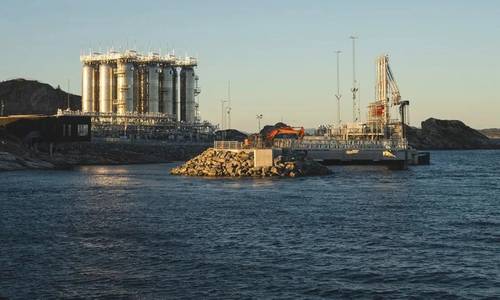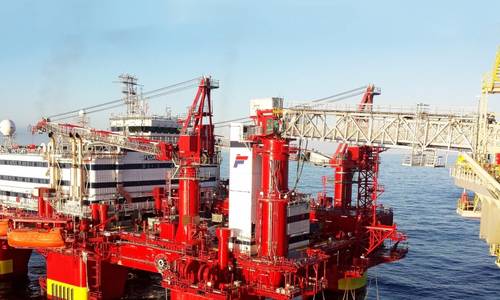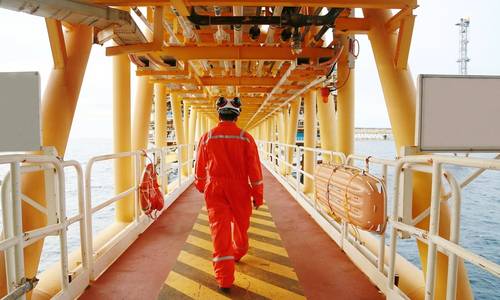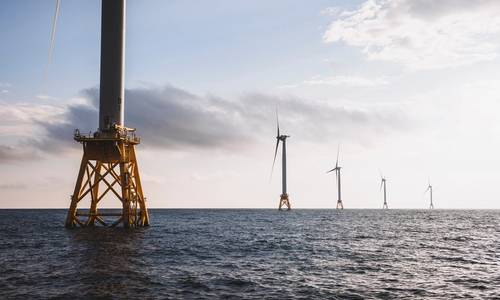Cost Surge Looms Without Urgent Well Decommissioning Action, NSTA Warns
July 11, 2025
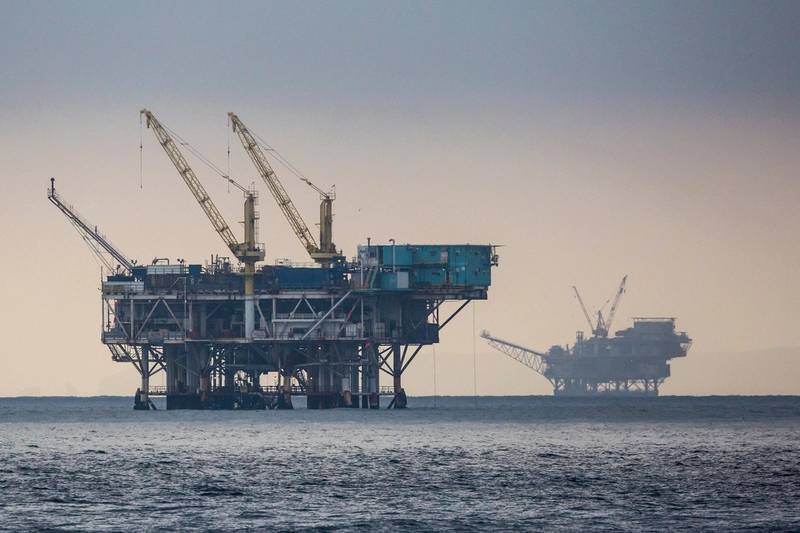
Operators must immediately start tackling their backlog of wells that are already due for decommissioning to stop rigs leaving the North Sea and prevent billions of dollars of additional costs for themselves and taxpayers, industry regulator the North Sea Transition Authority (NSTA) said in its latest report.
Some companies are showing good performance in meeting their regulatory duty to decommission wells which have permanently stopped producing, but too many have delayed this work and fallen behind, NSTA said in its Decommissioning Cost and Performance Update.
A backlog of more than 500 wells which missed their decommissioning deadline has built up and - unless operators quickly ramp up their activities - the figure could grow considerably, with in excess of 1,000 additional wells expected to be due for decommissioning between 2026 and 2030.
Operators face higher costs if they continue to keep the supply chain waiting for work, causing further reductions in rig availability as the rig owners seek opportunities overseas. They also risk fines as last year the NSTA opened its first investigations into missed deadlines – and more could follow.
By law, operators must decommission oil and gas infrastructure, including permanently inactive wells, to protect the marine environment long term. This is crucial to safeguarding the sector’s reputation in the eyes of the public and investors.
However, not all operators have been awarding well decommissioning contracts quickly enough or on a sufficient scale, compelling rig owners to look for opportunities overseas in hope of securing longer deals and at higher day rates than in the United Kingdom.
In 2024, operators carried out some form of decommissioning work on 223 wells, progressing 103 of those to final abandonment status. More than $1 billion was spent on this activity, a sign of some operators’ commitment to cleaning up their legacies. However, about 300 need to be fully decommissioned annually to clear the existing backlog and the 1,000 additional wells which are due to become inactive by 2030.
While several operators are delivering cost-efficiencies, higher well P&A cost forecasts are the main driver behind the increase in the overall estimate for UKCS decommissioning, which now stands at £41 billion in constant 2021 prices, according to the report. Minimizing costs benefits taxpayers by reducing the cost of decommissioning tax reliefs to the Exchequer.
The NSTA is using a ‘carrot and stick’ approach to address the issue. The regulator has developed an initial plan to show operators how well decommissioning activities could be sequenced. The NSTA expects industry to use this information to set up well decommissioning campaigns, which involve multiple operators and fields and have been shown to save time and money. This initiative builds on the NSTA’s ongoing efforts to create value by making large volumes of data available.
The authority has provided clear guidance and expectations around the importance of decommissioning wells in a timely and cost-efficient manner. In addition to opening investigations into missed deadlines, the NSTA has consulted on proposals to increase the transparency of operators’ well decommissioning performance.
“The NSTA is pulling every lever at our disposal to encourage operators to decommission more wells more quickly. We are willing to help operators when that is necessary but, equally, we are prepared to get tough on those who continually frustrate and delay.
“The stark reality is that operators are running out of time to get to grips with the backlog as more contractors consider taking their rigs abroad, which damages the supply chain’s ability to meet demand and remain cost competitive. We need operators to rise to the challenge and use the supply chain before they lose it,” said Pauline Innes, NSTA Director of Supply Chain and Decommissioning.

